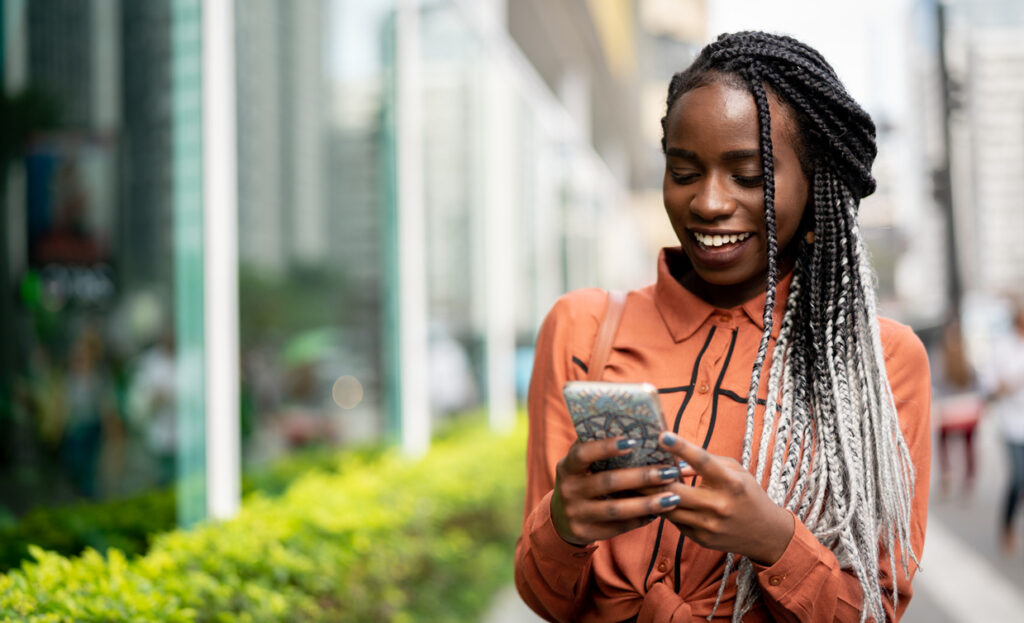
Social Media and Mental Health
Human beings are social creatures. We need the companionship of others to thrive in life, and the strength of our connections has a huge impact on our mental health and happiness. Being socially connected to others can ease stress, anxiety, and depression, boost self-worth, provide comfort and joy, prevent loneliness, and even add years to your life. On the flip side, lacking strong social connections can pose a serious risk to your mental and emotional health.
In today’s world, many of us rely on social media platforms such as Facebook, Twitter, Snapchat, YouTube, and Instagram to find and connect. While each has its benefits, it is important to remember that social media can never be a replacement for real-world human connection. Ironically for a technology that is designed to bring people closer together, spending too much time engaging with social media can make you feel lonelier and more isolated.
While virtual interaction on social media does not have the same psychological benefits as face-to-face contact, there are still many positive ways in which it can help you stay connected and support your well-being.
On the positive side, social media enable you to:
- Communicate and stay up to date with family and friends around the world.
- Find new friends and communities.
- Join or promote worthwhile causes; raise awareness on important issues.
- Seek or offer emotional support during tough times.
- Find vital social connections if you live in a remote area.
- Find an outlet for your creativity and self-expression.
- Discover sources of valuable information and learning.
On the other side, social media may promote negative experiences such as:
- Inadequacy about your life or appearance. Even if you know that the images, you are viewing on social media are manipulated, they can still make you feel insecure about how you look or what is going on in your own life. Similarly, we are all aware that other people tend to share just the highlights of their lives, rarely the low points that everyone experiences.
- Fear of missing out (FOMO). While FOMO has been around far longer than social media, sites such as Facebook and Instagram seem to exacerbate feelings that others are having more fun or living better lives than you are. The idea that you are missing out on certain things can impact your self-esteem, trigger anxiety, and fuel even greater social media use.
- Depression and anxiety. Human beings need face-to-face contact to be mentally healthy. Nothing reduces stress and boosts your mood faster or more effectively than eye-to-eye contact with someone who cares about you. The more you prioritize social media interaction over in-person relationships, the more you are at risk for developing or exacerbating mood disorders such as anxiety and depression.
- Cyberbullying. About 10 percent of teens report being bullied on social media and many other users are subjected to offensive comments. Social media platforms such as Twitter can be hotspots for spreading hurtful rumors, lies, and abuse that can leave lasting emotional scars.
- Self-absorption. Sharing endless selfies and all your innermost thoughts on social media can create unhealthy self-centeredness and distance you from real-life connections.
